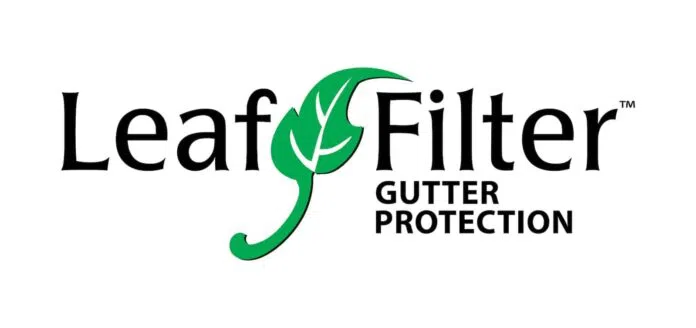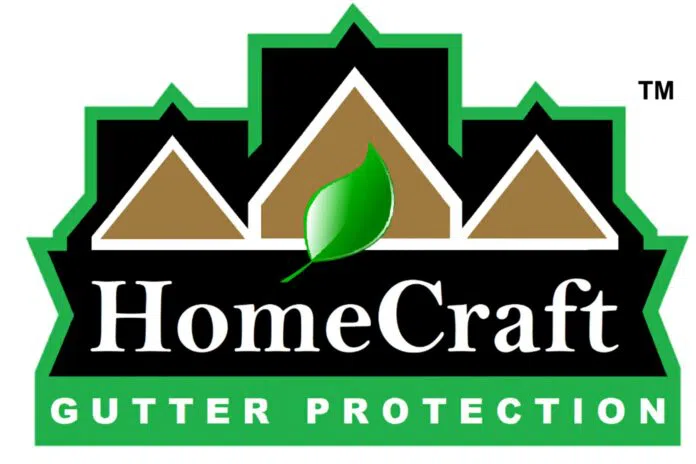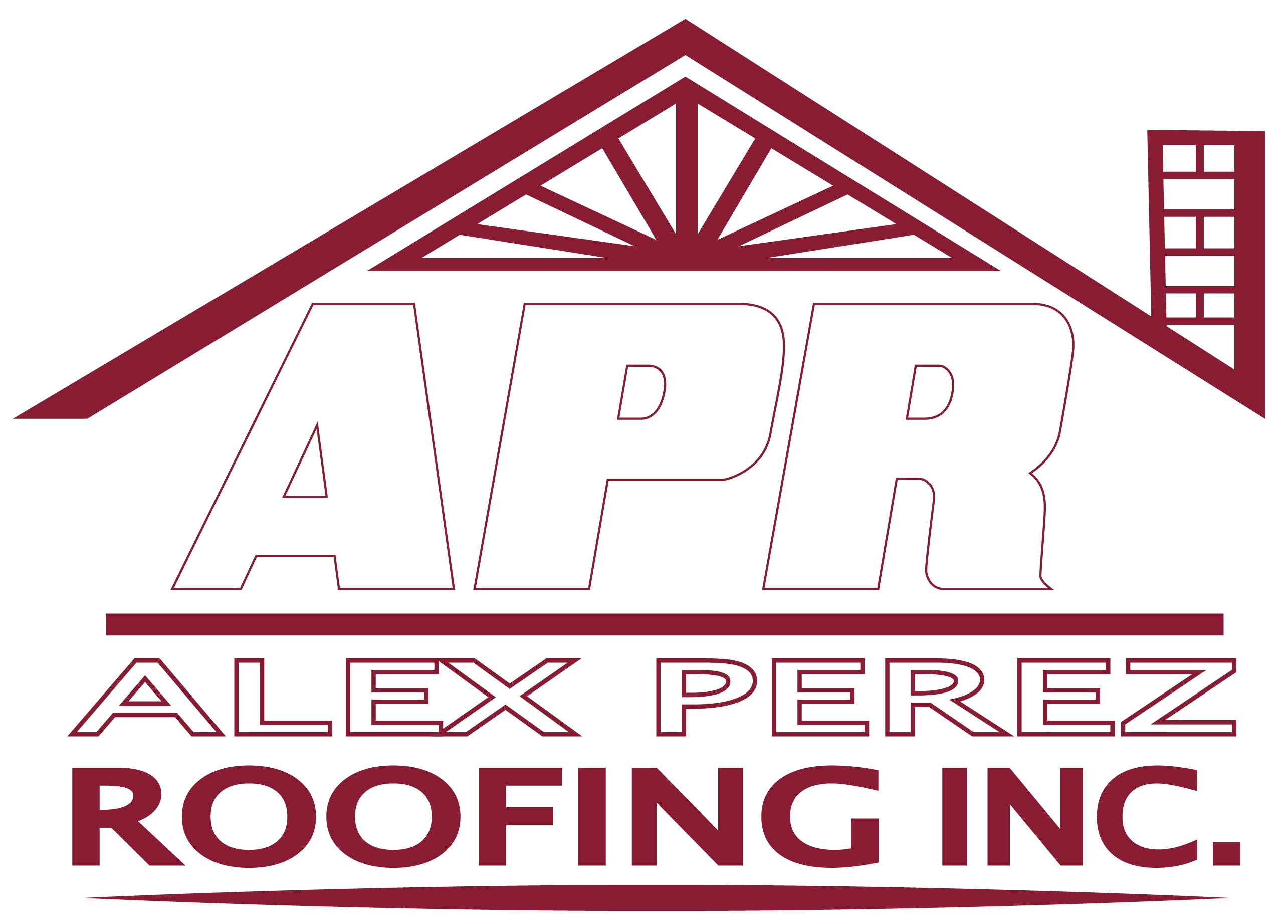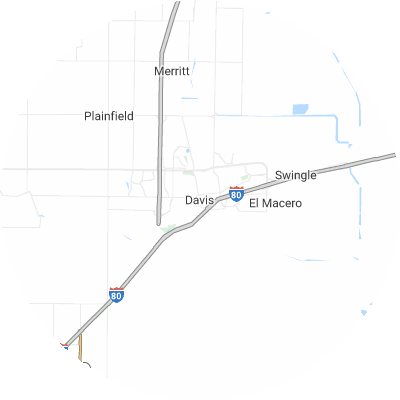Signs You May Need Gutter Guards
Gutter guards aren’t always necessary, but the signs of blocked and overflowing gutters are clear. Signals of chronic gutter issues include:
- Leaky seams or joints where water leaks out of gutters
- Frequent clogs that cause overflow and water to spill over gutters
- Soggy ground or visible erosion around your house's foundation
- Mold growth, interior wall stains, or peeling exterior paint on walls near gutters.
- Visibly saggy, damaged, or misaligned gutters that no longer correctly direct rainwater
How To Choose a Gutter Guard Installer
Assess Their Experience
Look for an experienced gutter guard installation company that has been in business for multiple years and has installed many different brands and models of gutter guards. These companies know how to properly take measurements and handle the installation of gutter guards on your unique home setup. Ask how long they’ve been installing guards and request local referrals.
Verify Proper Licensing and Insurance
When getting in touch with potential installation companies, always make sure that they are properly licensed, bonded, and insured with both general liability and workers compensation protection. This protects you if any injuries or accidents occur. Request current licensing and insurance papers from potential providers.
Choose Reputable Brands
Look for leading gutter guard brands such as LeafFilter and Gutter Helmet when selecting an installer. Avoid off-brand or generic no-name guards, which likely do not undergo the same level of rigorous testing.
Seek Custom Fit Services
For ideal performance, gutter guards need to be sized and cut on-site to match your unique gutter setup. Pick a company that custom measures and trims guards specifically for your home, rather than using generic guards. Properly fitted guards will leave no gaps for debris to get stuck.
Examine Warranties
High-quality gutter guard companies normally have 20-year or lifetime warranties that cover rust, leaks, clogs, and other issues. Before selecting a company, carefully read through the warranty terms for both materials and workmanship guarantees. Warranties are the most effective way to safeguard your investment into your gutters.
Check Reviews and Referrals
Take some time to research online reviews on the Better Business Bureau (BBB), Google Reviews, Yelp, and other review sites to read about customer experiences. Ask neighbors for recommendations of quality local gutter guard companies. When researching providers, it's best to select companies with a track record of consistently good feedback instead of just one or two reviews.
Types of Gutter Guards
The six typical types of gutter guards are as follows:
- Brush guards are made of large brush bristles that are installed in your gutters, catching debris and allowing water to pass through. On average, you can expect to spend $4.04 per linear foot for brush guards.
- Foam guards are lightweight and easy to install. Debris collects on the foam instead of in your gutter. Foam guards cost roughly $2.46 per linear foot.
- Screen guards have large holes that allow water through while keeping out debris. Screen guards cost roughly $4.22 per linear foot.
- Mesh guards have smaller holes than screen guards and similarly stop debris while letting water filter through. They are durable and encourage debris to slide off rather than sit on your gutters. On average, you can expect to spend $4.00 per linear foot for mesh guards.
- Micro-mesh guards have even smaller holes than mesh guards, allowing even less debris into your gutters than mesh. They are very effective. On average, you can expect to spend $5.09 per linear foot for micro-mesh guards.
- Surface tension guards, sometimes called reverse curve guards, use surface tension to let debris slide off while water flows into the gutter. They can typically be seen from the ground. On average, you can expect to spend $3.11 per linear foot for surface tension guards.














